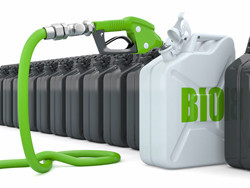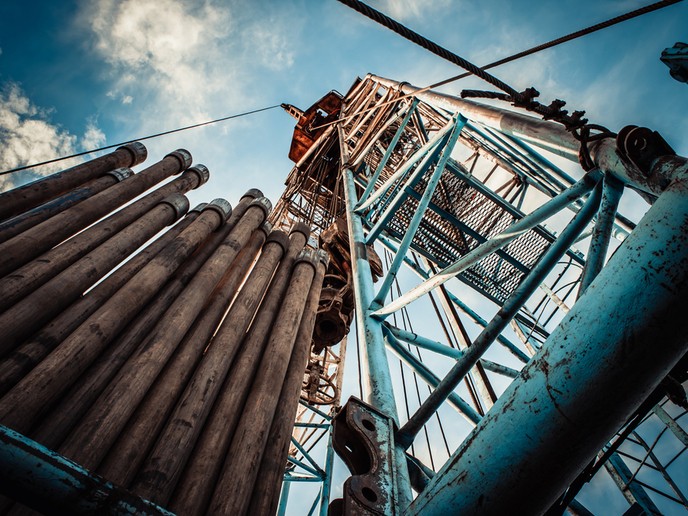Harnessing bacteria to produce propane
Engineering aquatic photosynthetic organisms to produce large quantities of engine-ready fuels for human transport presents an exciting opportunity. It would enable low-cost, low-emission production of engine fuel in a process that does not compete for agricultural land. EU-funded scientists paved the way for realising this potential on a commercial scale within the project DIRECTFUEL (Direct biological conversion of solar energy to volatile hydrocarbon fuels by engineered cyanobacteria). The team focused on the development of a biosynthetic production process for propane, a short-chain alkane, in cyanobacteria. These organisms do not naturally produce such molecules but predictions suggest commercially feasible strategies could be available within 10 to 20 years. Exploiting a combination of enzyme discovery, molecular-level characterisation and metabolic engineering, DIRECTFUEL has shown for the first time that microbial biosynthesis of propane is possible on a platform of Escherichia coli. E. coli is a common intestinal bacterium well-characterised and widely used as a model organism. It has a simple yet conserved structure, grows quickly and is easily manipulated in the laboratory. The ability to utilise this platform for propane production for transport will be of major importance to the energy landscape and climate change. DIRECTFUEL has developed and characterised the consecutive enzyme-catalysed biosynthetic steps that convert natural carbon-based intermediates of photosynthesis to the target product, propane. Great attention was given to the critical last step that forms the alkane product. Researchers successfully modified the gene encoding the catalytic enzyme of this step for greater utilisation of available substrates. Investigators have studied the effects of the new biosynthetic pathway on the primary metabolism, growth and viability of E. coli and have also developed models of the cyanobacterial metabolism. A novel protocol enables for the first time genome-scale screening for conditionally essential genes. Finally, novel photobioreactor systems were developed to produce and quantify volatile target products, forming the first step towards up-scaled industrial processes. Experimental and theoretical tools developed in DIRECTFUEL will be invaluable to continued research efforts, marking a major contribution to industrial-scale replacement of petrochemical refining with photobiological production of propane.







